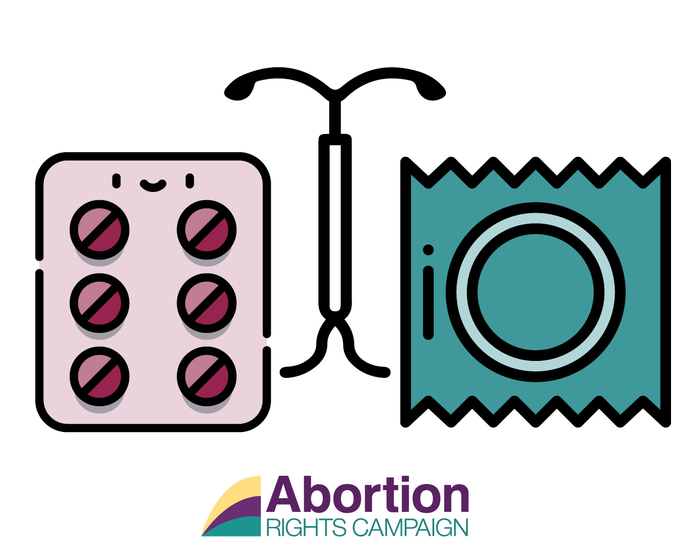
In this blog post from our ‘Let’s talk about’ series, we talk about why ‘free, safe and legal’ is crucial for more than just abortion, and the importance of removing cost barriers to contraception. In our response to the Department of Health’s 2019 Public Consultation on Access to Contraception, we encouraged the Department to introduce a program of universal free contraception that makes every method available to every person in Ireland, and to expand the role of nurses and pharmacists in providing contraceptive care. Read our submission here.
Access to free contraception is crucial in order to respect and promote people’s health and bodily autonomy. Access to contraception gives people the power to choose whether or not to have children, and the timing and spacing of their pregnancies. The availability of contraception limits the need to resort to unsafe abortion. Contraceptives such as condoms also protect people against HIV and other sexually transmitted infections. Crucially, access to a range of contraceptive methods allows people to make informed decisions about their own bodies and lives. Arguments against free contraception are not about health, but rather about controlling people’s sexuality, choices and lives.
Government action on high quality sexual and reproductive health has been a long time coming. The importance of improved access to reproductive healthcare across the country was highlighted by both the Citizens Assembly and the Joint Oireachtas Committee in their recommendations on the 8th Amendment, incorporating family planning, contraception, abortion, and perinatal hospice care. Both the Citizens Assembly and the Joint Oireachtas Committee voted in favour of free contraception. These views are shared by international bodies like the World Health Organisation.
People need the freedom to choose the contraceptive methods that suit them best, including freedom from cost or other barriers. Imposing stringent costs on certain modes of contraception restricts people’s choices and maintains an unfair, two-tier reproductive healthcare system. A recently published EU report on contraceptive access highlighted that access to free contraception and affordable consultation were lacking in Ireland when compared to other EU States. A 2010 report commissioned by the HSE found that cost was one of the primary barriers to accessing contraception. This appears to be a growing problem. The number of people reporting cost as an issue had increased by 7% since the same study was conducted in 2003. This is a very concerning development, and one which the government needs to take action on. No one should be prevented from accessing their preferred method of contraception because they can’t afford it.
We welcome Minister Simon Harris’ commitment to offer free contraception to all and to establish a working group on the subject. We would urge any group which is established to consult with the public and advocates for reproductive justice, so that any legislation which results is informed by evidence and experience.
This group should be guided by the principle of autonomy when considering the issue of contraception. A person’s choices about which modes of contraception to use should be completely their own, and everyone who needs it should be free to choose any and every method of contraception available. People should also have a choice of where to access their contraception, and where someone lives must not continue to be a barrier to access. We are the experts of our own bodies and need to be treated as such. Historically, there has been a culture in Ireland where people have been denied decision-making power over their own bodies and healthcare. The repeal of the 8th Amendment was one of many steps away from that model, and towards a focus on patient-centred decision-making.
Similarly, the enduring stigma surrounding contraceptive use must be addressed if we are to ensure equality of access. Embarrassment was another of the main barriers cited in the HSE report on contraception and crisis pregnancy. Of those who had difficulty accessing contraception, around a quarter of them reported embarrassment as a factor. We need to address the stigma and secrecy surrounding contraception if we are to move towards a place of greater access.
A lot of myths surround contraception, myths that impose stigma and prevent people from making the most informed decisions for them. For example, there is no medical benefit to taking the traditional 7 day break from the combined contraceptive pill each month. Equally, there is no reason why people who need emergency contraception (the ‘morning after pill’) can’t take this twice in one cycle if necessary. It’s clear that access to free contraception goes hand-in-hand with evidence-based education for providers as well as in schools and college environments.
What you can do: Write to the Minister for Health and your local TDs and ask them to follow through on free contraception. It’s time we give everyone, regardless of income, true autonomy in their reproductive choices.
________________________________________________

